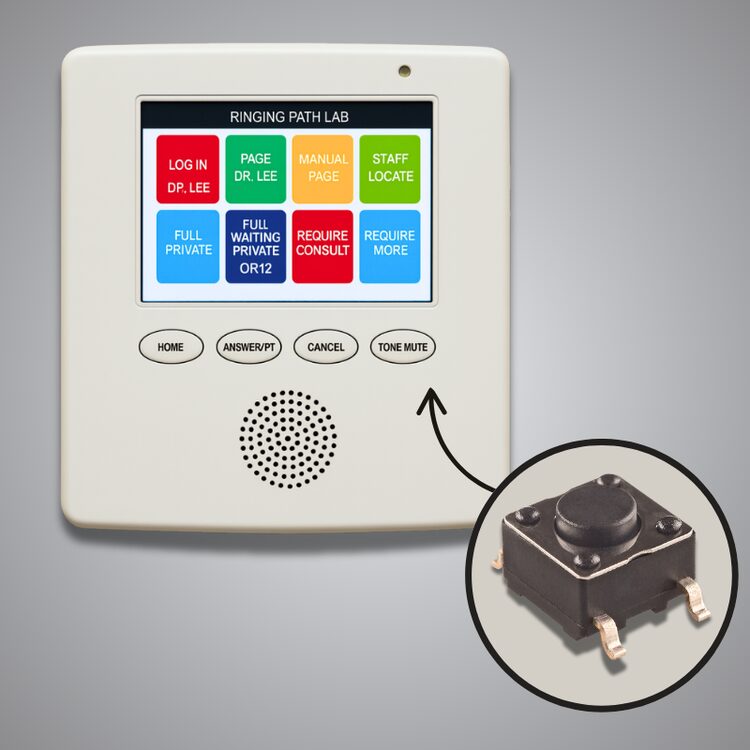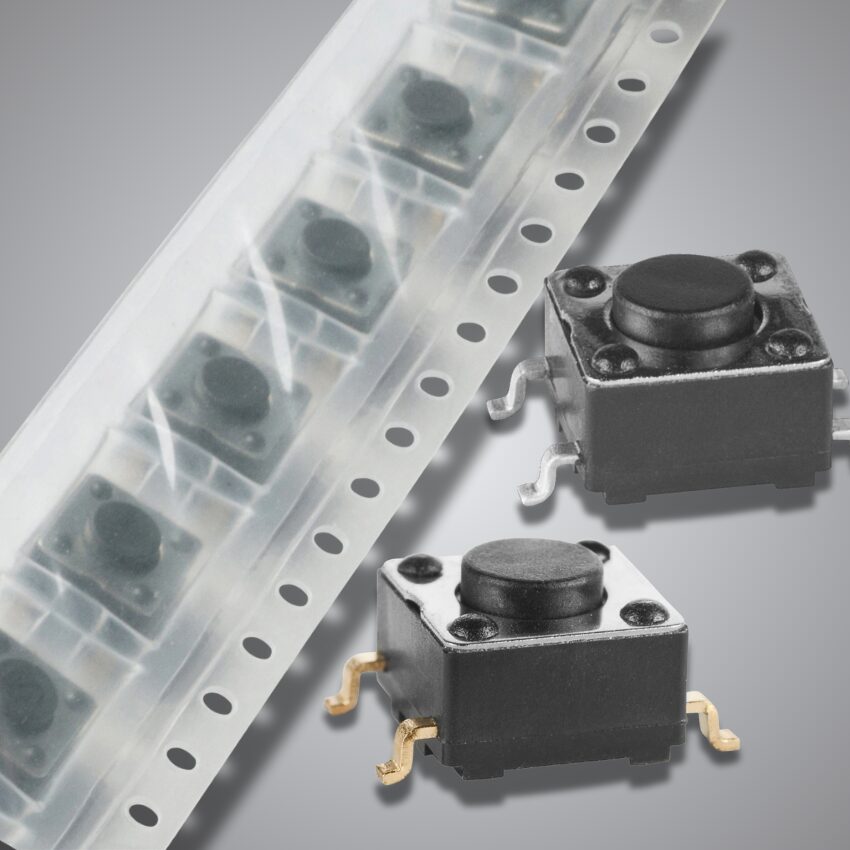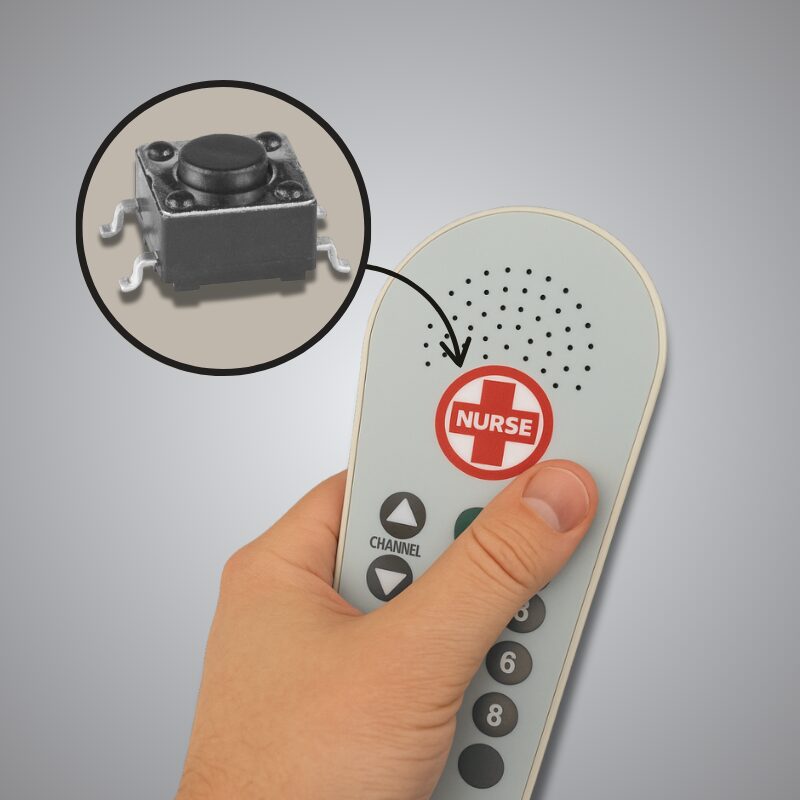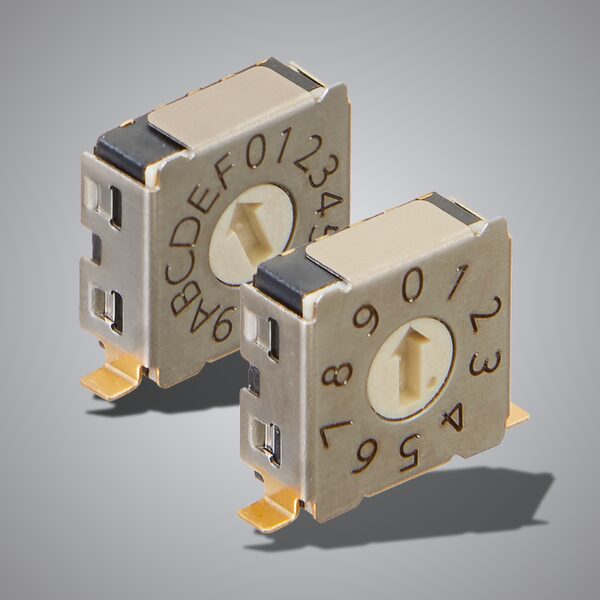Ultra-Miniature Switches: Solving Space-Constrained Design Challenges
September | October 2025
As electronics grow smaller and more capable, engineers are challenged to design interfaces that combine compact form factors with reliable performance in demanding environments. From rugged optics to secure access points, each switch must deliver dependable actuation and long service life.
This month’s spotlight highlights the breadth of options in ultra-miniature sizes: Series HP02 and HP03 6 mm tactile switches, the SS Seriesslide switch with unique actuator design for IP67 sealing, and the FD02 DIP Rotary for electronic door access systems. Together, these solutions provide the size, durability, and repeatable response essential to modern applications.
For a closer look at tactile, slide, DIP rotary, and other switch categories available in ultra-miniature sizes, check out our new Ultra-Miniature Guide

Ethernet Enabled IoT Controller | for Multi-Unit Heating
A central IoT controller manages boiler operations in multi-unit buildings. It connects directly to the boiler and collects temperatures from wireless sensors, eliminating the need for thermostat wiring.
Central Control with Four Tactile Switches
Local interaction with the controller happens through four ultra-miniature Series HP02 multi-function tactile switches with custom caps. Each function is defined by the software layer. The switches change the display menus and are used for navigation, setpoint changes, schedule adjustments, alarm resets, and modem resets through a relay contact.
|
Why This Tactile Form Factor Fits: |
| Compact .244″ (6.2mm) square body for dense layouts | |
| Tactile actuation for reliable menu input | |
| Silver or gold contacts to fit design requirements | |
| Custom caps align actuator and shield from exposure | |
| Crimped PC terminals secure switch during soldering | |
| Stick-tube packaging supports automated assembly |

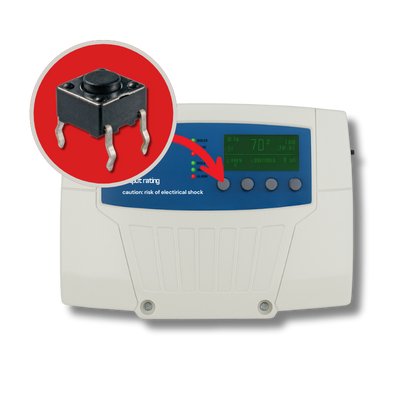

Explore the Components

High density, glove-ready input you can trust.
With over 50 years of leadership in nurse call technology, this acute-care communication provider integrates NKK’s Series HP03 into its VoIP-based nurse call system for proven reliability across wall terminals, central consoles, and pillow speaker remote controls.
Built for Critical Reliability | Ethernet-enabled, embedded design
The HP0315AFKP4 switch is part of a leading VoIP-based nurse call system. Running on an embedded platform without PCs, the system uses Ethernet for facility-wide communication, supporting calls, alerts, intercom, real-time location services, and workflow coordination.
6mm SMT Tactiles | Compact, Assembly-Ready
The SMT-compatible HP03 Series was chosen for its mechanical reliability in high density, space-constrained designs. Gull-wing terminals, tape-and-reel packaging, and a 0.0039″ (0.10 mm) coplanarity tolerance enable efficient, high yield SMT assembly. With the OEM’s rigorous quality control, these features deliver consistent builds and proven field reliability.
Certified for Acute Care Reliability | Resilient to cleaning, repetition, and critical care demands
Mounted behind polycarbonate overlays, the switches provide tactile feedback without visible actuation, enabling gloved operations, emergency override, and resistance to harsh cleaning protocols.
The system is UL 1069 certified for acute care environments, where timing, repetition, and reliability are critical.
|
Why Engineers Choose HP03 Series: |
| Compact .244″ (6.2mm) square body for dense PCB layouts | |
| SPST, OFF-(ON), momentary, with normally open contacts | |
| Gold plated contacts resist oxidation and sulfurization | |
| Silver plated contact option available, rated up to 3VA @ 28V DC | |
| Gull-winged terminals ensure stability during soldering |
Explore the Components

Handheld laser rangefinders must survive tough field conditions. When a leading optical instruments manufacturer set out to achieve IP67 protection, they needed a compact solution that avoided the cost and bult of fully sealed switches.
Slope Mode Control
In golf rangefinding, slope adjusted yardage provides valuable data but is not always tournament legal. As pace-of-play concerns grow and tournament rules vary, the slope function was isolated so it can easily be enabled or disabled to meet event requirements. When disabled, the device displays only straight-line distance to the target, ensuring compliance.
Compact, Reliable Actuation Fits Behind an Extended Slider
The actuator had to be compact, cost-effective, and provide crisp, reliable tactile feedback, all while fitting behind a long, thumb-actuated slide.
Engineers chose the SS12SBP2 with silver contacts for smooth actuation, compact footprint, and top-actuated design. A sealed actuator assembly within the aluminum body’s recessed cavity shields the unsealed switch from environmental exposure, ensuring long-term reliability and supporting a multi-year warranty.
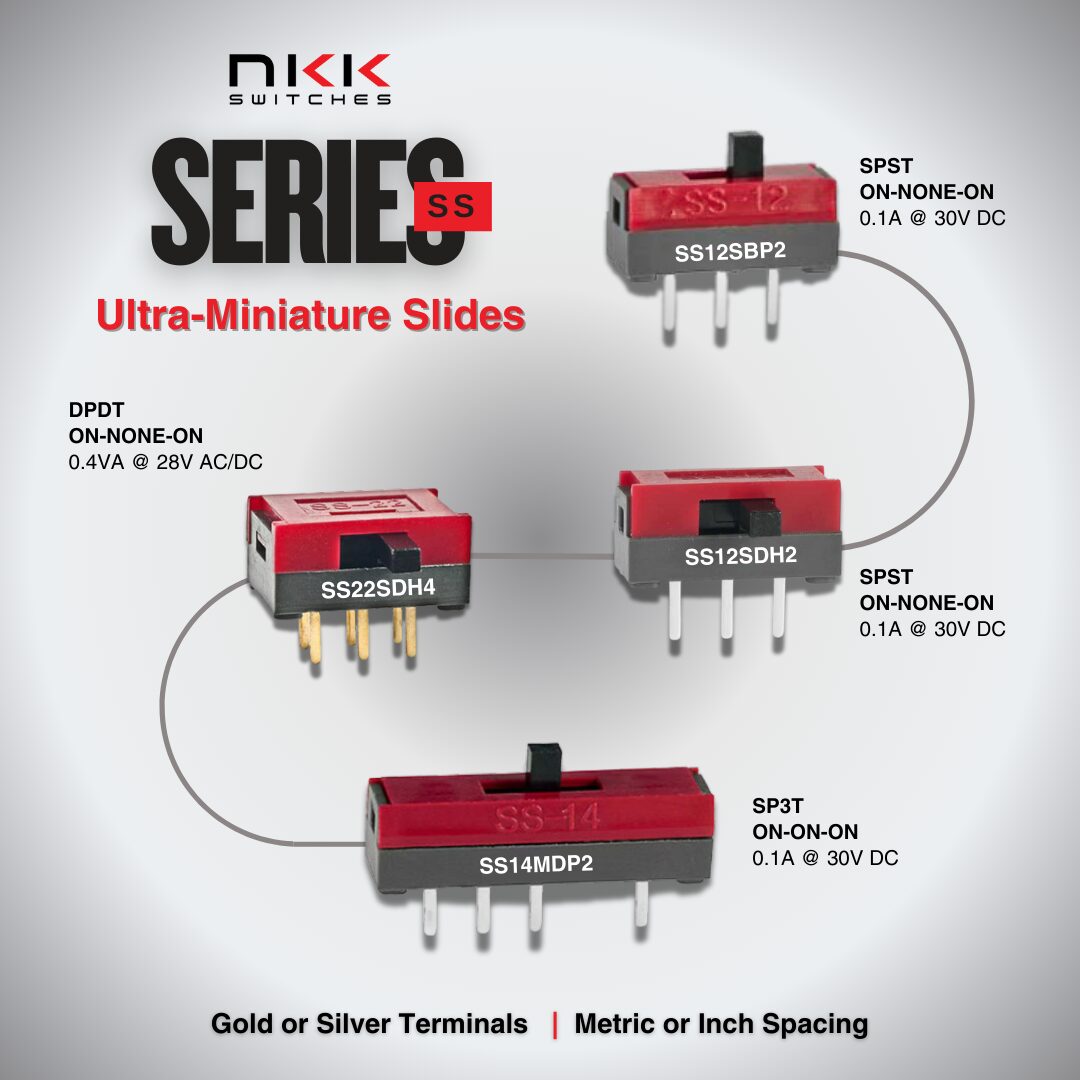

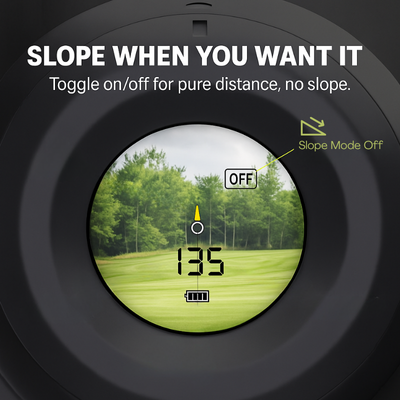
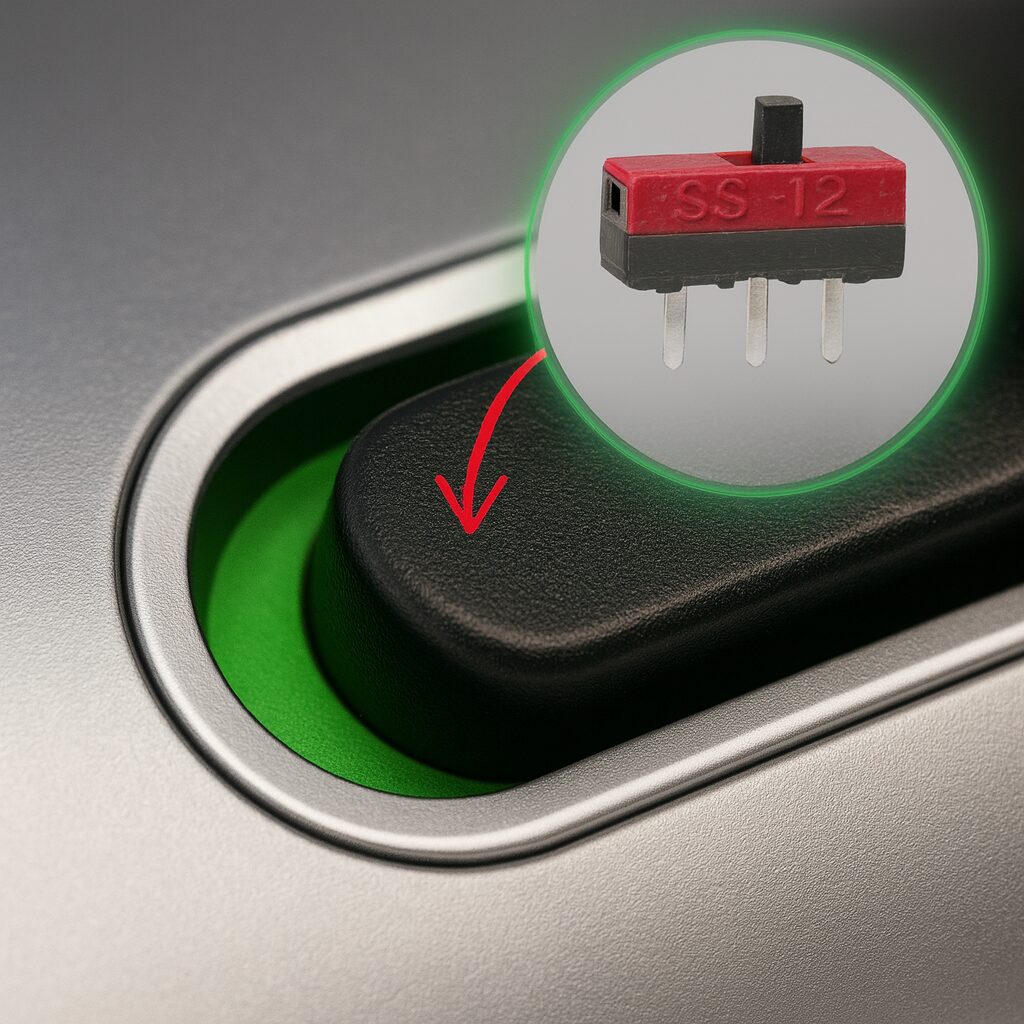
Explore the Components

Trusted in Global Access Control Systems | FD02 Series DIP Rotary in Security Hardware
One of the world’s largest security hardware OEM has relied on NKK’s FD02 Series ultra-thin DIP rotary switches for years. The components are integrated into a wide range of the OEM’s access control hardware.
Ultra-Miniature DIP Rotary | Proven in Tight Spaces
The OEM’s systems span credential readers, door and elevator controllers, lane and gate control, and other networked security devices. In high-security environments, reliability depends on components engineered for precision and long service life
Secure Settings | with NKK’s Hexadecimal Rotary
NKK’s hexadecimal rotary is integrated into locked enclosures with limited space, where precise adjustment and secure settings are critical. The FD02 Series meets those requirements in a compact, serviceable design.
Here’s the full range of the FD02 Series options:
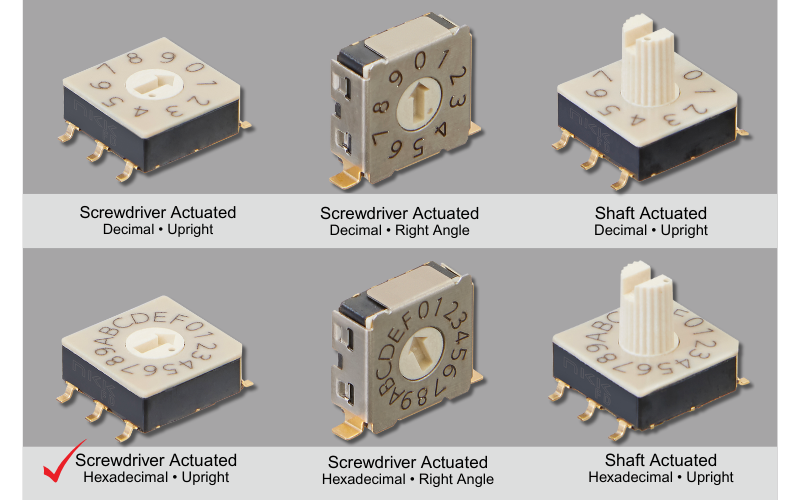
Fixed Position Mapping | Clear, repeatable settings
Controllers can be locked to a specific location or role for long-term stability. In elevator cars, door sets, and other fixed installations, sixteen positions provide repeatable mapping. The ultra-low 3.1–3.3 mm profile fits easily into crowded PCBs in controllers, multi-door boards, and other compact designs.
Function & Timing Selection | Holds settings through updates
Engineers can set operating modes, such as card only or card plus PIN, without taking the device offline. Timing intervals can also be adjusted without reprogramming. Each coded position maps directly to a predefined function or timing setting, and hardware-only selection keeps settings fixed through power cycles and updates.
Explore the Components


